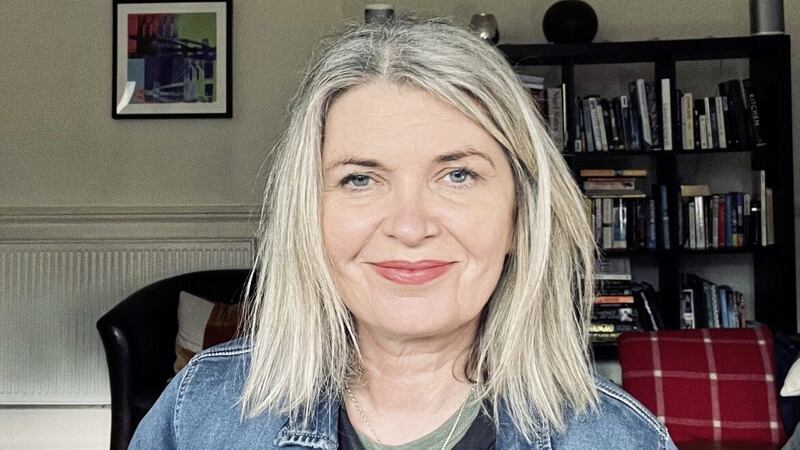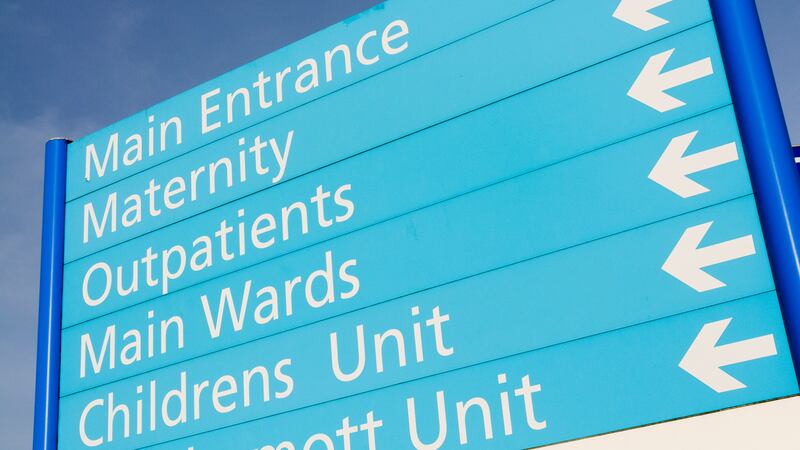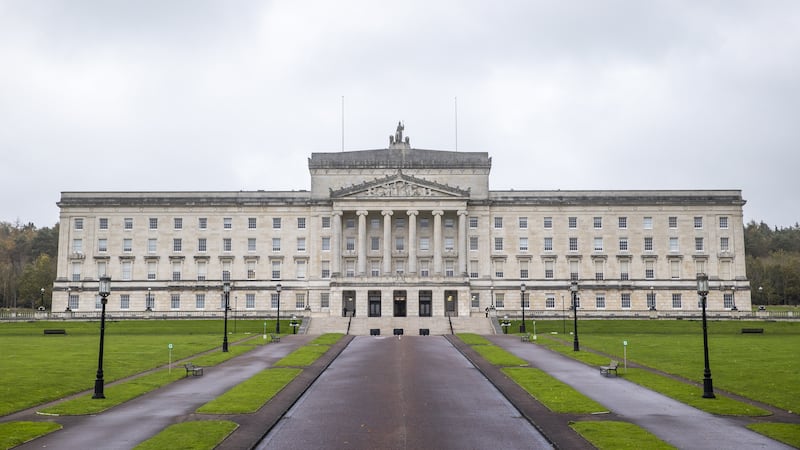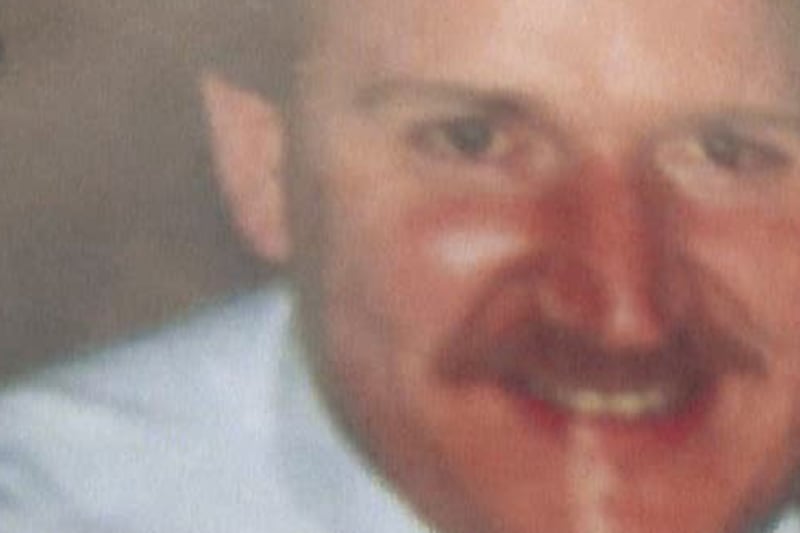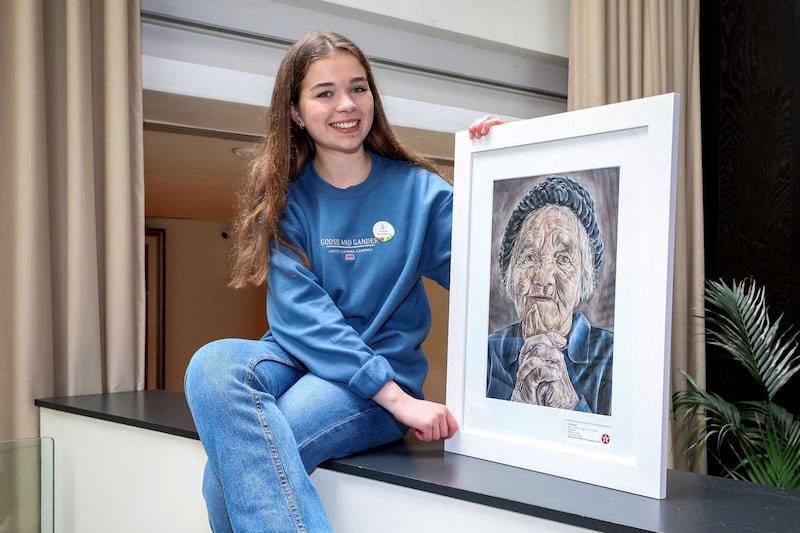A GP and menopause specialist from Belfast has welcomed a cultural shift in how many women access healthcare.
Fiona O’Donoghue has been based in Glasgow for 25 years but is now travelling home once a month to develop menopause services at the Holywood Private clinic in Co Down.
Speaking to the Irish News, she said attitudes on the experience and treatment of menopause were improving.
“There’s just such a demand for medical appointments at the moment, so it’s just such a nice thing to come back to Belfast,” she said.
“Menopause is really quite a hot topic in the media at the moment, with things like Hormone Replacement Therapy (HRT) and other medical treatments more widely available.
“I’m also an NHS GP, but things are so busy there often isn’t enough time for these clinics in primary care.”
She also credited the “Davina effect,” referencing television presenter Davina McCall’s awareness campaign for encouraging more women to seek out treatment.
“It can make a massive difference to their quality of life in many ways,” she said.
“A lot of the symptoms like anxiety and so-called brain fog are being talked about.
“People can have a lot of difficulties just coping with everyday life but there is a lot more focus about dealing with the menopause in the workplace, in terms of how employers manage this.”
Asked if public attitudes were in a positive place, she said: “Very much so. It used to be that nobody talked about it and women were a bit embarrassed they had reached that stage in their life.
“But the treatment doesn’t have to be HRT, there is other medications and lifestyle advice.”
After graduating from Queen’s University Belfast in 1991, she said it was “absolutely brilliant” to see patients in Northern Ireland once again.
Last month, the former model Penny Lancaster (51) said she felt “deflated” after the Government rejected calls for a trial of menopause work leave.
The pilot scheme had been recommended by the Commons Women and Equalities Committee, but the Government said the scheme was not seen as “necessary” and could be “counter-productive.”
Describing her own experience, Ms Lancaster said she struggled with periods of anxiety and depression before using HRT.
“(The anti-depressants) didn’t help and make things worse, because you end up feeling like you’re going crazy, but no one to talk to you, you feel very alone, and in the end I was diagnosed that it was in fact the menopause and I have luckily been on HRT, and it’s been life-changing.
“So more women need that guidance and help and particularly support in the workplace.”
